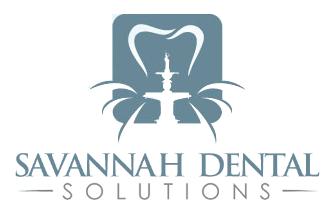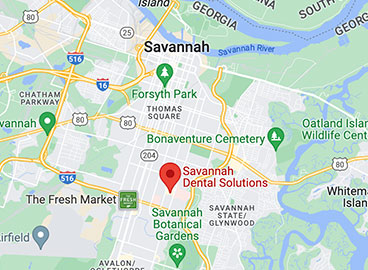
Are you wondering if you, your spouse, or your child may have sleep apnea? Sleep apnea is one of the most commonly diagnosed sleep disorders. It affects an estimated 22 million Americans. The good news is that it is treatable, in more ways than one.
What are the warning signs of sleep apnea? Find out what to look for and how to treat sleep apnea.
Signs and Symptoms of Sleep Apnea
If you notice one or any combination of these signs or symptoms, you or a loved one may be suffering from sleep apnea.
- – Snoring. The most common warning sign of sleep apnea is snoring. Snoring happens when the muscles in the back of the mouth and throat, including your tongue, relax and block your airway as you sleep. When you breathe, the air is met with resistance and makes the snoring sound as it goes in. It can happen whether you breathe through your nose or your mouth, though it is less common when you breathe through your nose.
- – Teeth Grinding. A lot of people grind their teeth in their sleep, which is another warning sign that sleep apnea may be occurring. Studies are inconclusive as to the nature of the relationship between teeth grinding and sleep apnea, but they so often occur together that it cannot be ignored.
- – Breathing Pauses. Sleep apnea can cause someone to actually stop breathing for short periods of time while sleeping. The airway can become completely blocked, so much so that the person’s breathing pauses for seconds at a time. This causes the brain to wake up enough to realize that breathing has stopped. The person will often snort or resume snoring and sometimes change position to go back to sleep.
- – Exhaustion or Daytime Sleepiness. If you feel tired during the day or find yourself falling asleep at your desk, you are probably not getting quality sleep at night. Many people with sleep apnea don’t realize that they are waking up slightly throughout the night because they don’t remember it. But snoring and pauses in breathing prevent your body from achieving a deeper sleep cycle that is required for restful, quality sleep.
What to Do if You Believe You or a Loved One Has Sleep Apnea
If you or someone in your family has the warning signs of sleep apnea, there are a few options for sleep apnea treatment.
- – See Your Doctor. If you talk to your doctor about your symptoms, they may refer you to a sleep specialist for diagnosis and treatment.
- – See a Sleep Specialist. If you are referred to a sleep specialist, they may recommend a sleep study. A sleep study may require you to spend the night at a facility where you will be monitored while you sleep. A sleep study may also be administered at home through a device that records information while you sleep. If the results of the sleep study suggest that you are experiencing sleep apnea, a CPAP machine will most likely be recommended. A CPAP includes a mask you wear over your mouth and nose that is attached to a machine that helps you breathe.
- – See Your Dentist. If you talk to your dentist about your sleep apnea symptoms, they may recommend a mouth guard. A sleep apnea mouth guard does double duty, protecting your teeth from the effects of grinding while positioning your tongue and mouth tissues to keep your airway open.
Which Option is Best?
Many patients prefer the sleep apnea mouth guard to the bulky, noisy CPAP machine. The mouth guard is smaller and also prevents damage to your teeth from grinding. 91% of patients have reported improvement in their quality of sleep while using a SomnoDent® sleep apnea mouth guard. However, if your sleep apnea symptoms do not improve with the device, refer back to your doctor or sleep specialist.
Get Better Sleep with Help From Savannah Dental Solutions
If you or a loved one snores at night, grinds their teeth, or seems unusually tired throughout the day, they may be suffering from sleep apnea. Savannah Dental Solutions recommends a SomnoDent® mouth guard to relieve the symptoms and promote better sleep. In many cases it is approved by insurance.
Call (912) 354-1366 today or contact us to schedule a consultation. We look forward to helping you improve your quality of sleep.


